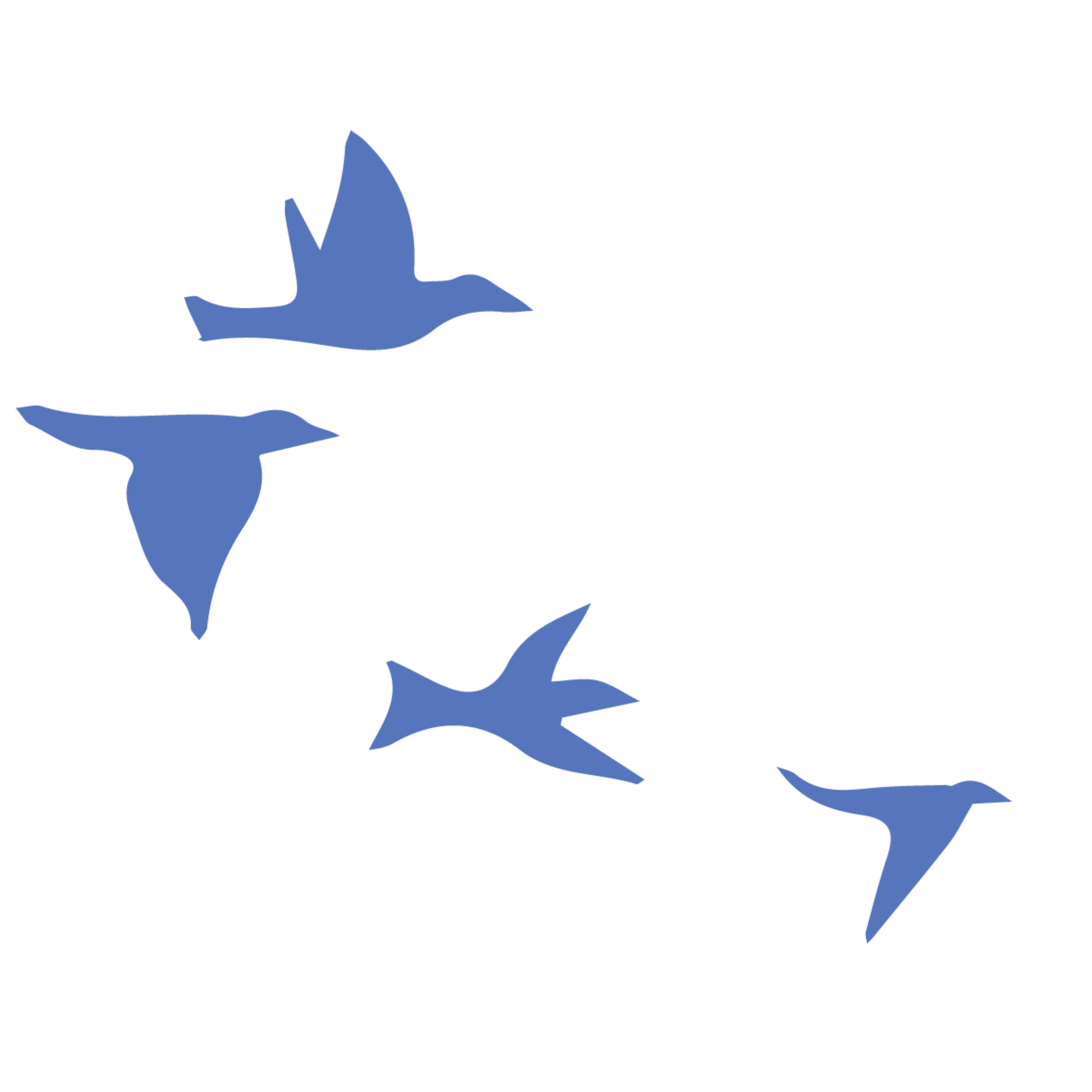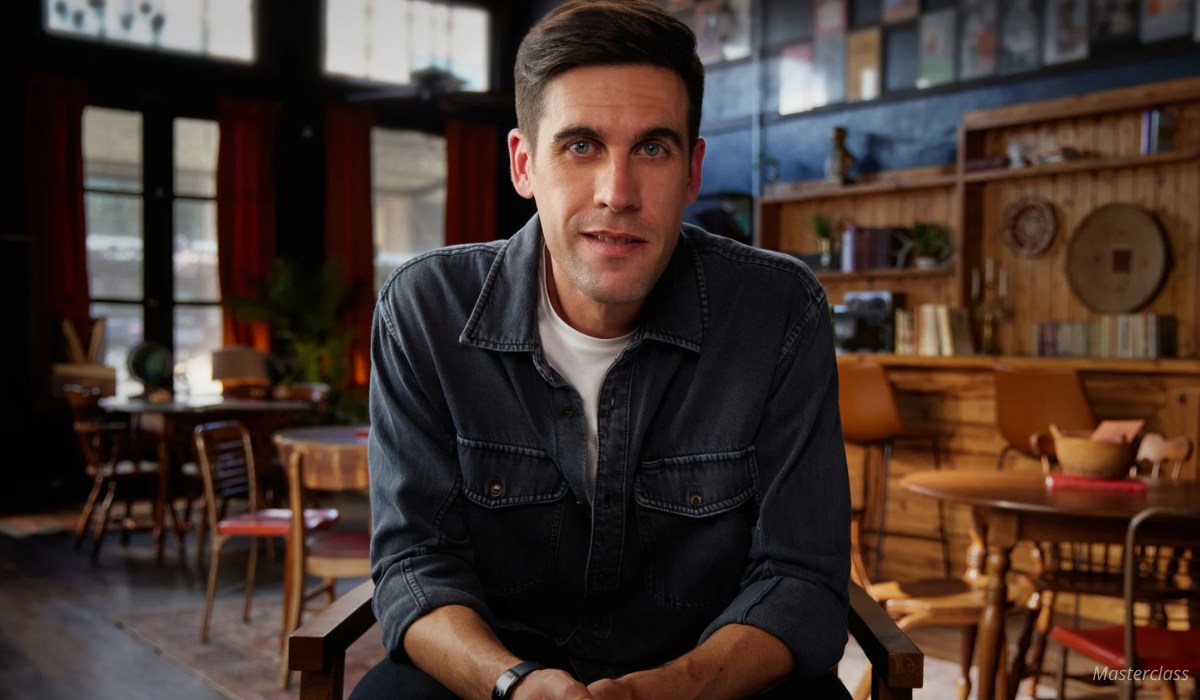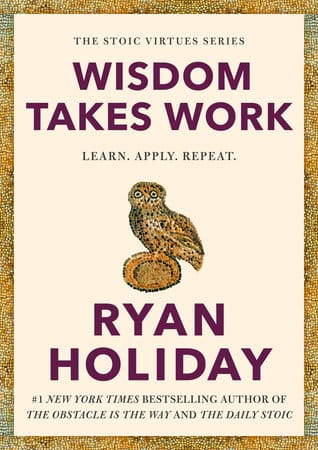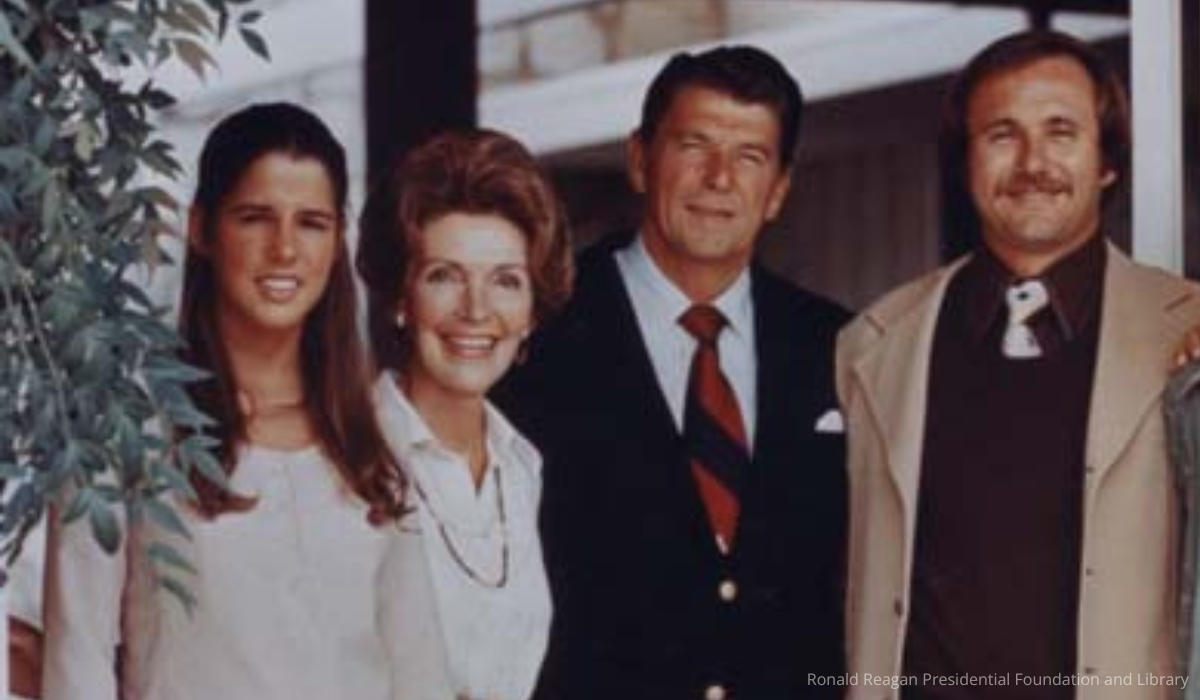Wisdom Is Not a Finish Line: It’s a Daily Practice

There was something crazy, I admit, about writing a book about philosophy at twenty‑five.
Most people weren’t interested in philosophy (and most publishers weren’t either).
I had no degree . . . and still don’t.
I can’t read Greek or Latin.
And I left a good job running the marketing for a publicly traded company to do it.
It was preposterous on many levels.
Still, it was philosophy that I wanted to write about.
In 2006, I bought my first copy of the Meditations of Marcus Aurelius. I was 19 years old. I didn’t know who Marcus Aurelius was (besides the old guy in Gladiator). But what arrived would change my life.
There, at the table in my college apartment in Riverside, vast differences in technology and culture disappeared. Suddenly, I was sitting down with a great mind, engaged not in logic-chopping or philosophical paradoxes but in, as Brand Blanshard would observe of Meditations, “something of far more permanent interest, the ideals and aspirations that a rare spirit lived by.”
I remember reading it and thinking, How does everyone not know about this? I remember thinking, This—this is what I want to do.
Eventually, we all have an experience like this. This moment of feeling called, destined, fated, meant to do something.
The task of our lives is to trust that feeling. To listen to it. To be brave enough to follow it.
Certainly I could have listened to the louder voices—the practical ones, the doubtful ones, the ones that said philosophy was for ancient Greece or Rome or people with PhDs. Certainly I could have kept going in the marketing profession, jumping from one brand to the next. I could have built a start-up, as many of my friends did. I could have gotten into investing, as I watched my friends make many millions doing exactly that. I could have made a lot more money doing basically anything besides writing about an obscure school of ancient philosophy.
“Towering genius disdains a beaten path,” Abraham Lincoln said in a speech in 1838. “It thirsts and burns for distinction; and, if possible, it will have it, whether at the expense of emancipating slaves, or enslaving men.”
We can apply this logic to much more humdrum intelligence and ambition too. In my new book, Wisdom Takes Work—the final book in a series on the four Stoic Virtues—I talk about how all the virtues (courage, discipline, justice, and wisdom) are hallowed or degraded by what it’s used for. Do you use your brain to make the world better or worse? Is your discipline pointed at getting what you want out of life or what others expect of you? What good is courage if done for the wrong thing?
Even doing this most recent book on wisdom in my late thirties intimidated me. As far as courage goes, it hardly ranks, but the book nevertheless felt like a big swing. Who am I to speak of wisdom? Certainly I don’t claim to have it. But I can say I am a student of it.
In one of his letters, Seneca said that the path to a good, virtuous life was actually pretty simple. “Each day,” he wrote, you should “acquire something that will fortify you against poverty, against death, indeed against other misfortunes, as well.”
Just one thing. One nugget. One little thing that makes you stronger, smarter, wiser, calmer.
This has been my approach since that moment in my college apartment. Since then, my life’s work has been writing and teaching about the Stoics. In 2016, I began writing Daily Stoic’s daily email. It’s a privilege to produce, but it’s also my practice of acquiring one little thing a day—a quote, a story, a little prescription.
Over four thousand emails now. Seven hundred thousand words. Eighty million sends.
Has this made me wise? No, but wiser than I might have been otherwise!
And that I get paid to do it? To popularize applied philosophy as I learn it? To follow what I feel called to do? It’s both a joy and also a debt I am paying forward.
There’s still a long way to go, but I’m proud of the progress I’ve made.
I remain committed to the work.
Day by day.
Page by page.
Nugget by nugget.
Wiser, not wise.
I have learned that true wisdom is not a finish line. It is a daily discipline, one that we all can practice in our own time and ways.
Ryan Holiday is the bestselling author of numerous books about marketing, culture, and the human condition. You can learn more here.
Please note that we may receive affiliate commissions from the sales of linked products.




